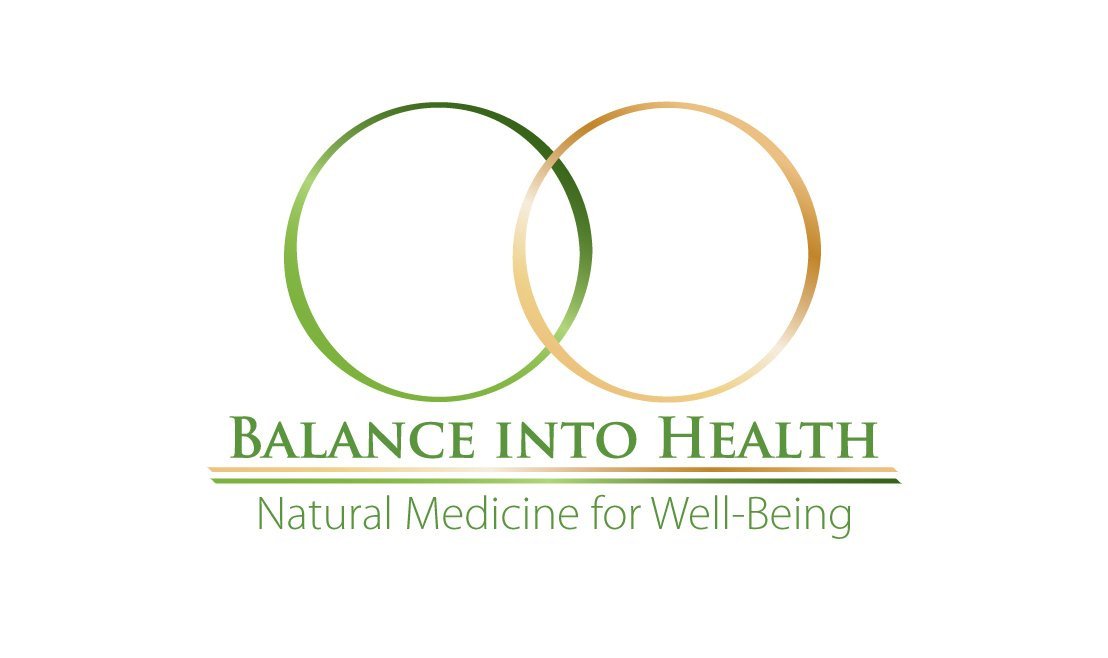Nutrition and Immunity: Can You Boost Your Immune System Against COVID-19?
As we continue our collective battle against the novel coronavirus (COVID-19), you may have come across various claims of foods or supplements that supposedly increase your immunity against the disease. Here, we break down some basic facts about how nutrition plays into having a healthy immune system.
Boosting the Immune System
First, there are no exercises, foods or supplements that truly “boost” the immune system. Even if we could boost our immunity, it would likely be a bad idea since a “boosted” immune system would mean it’s working in overdrive – and that is often synonymous with inflammation and autoimmune disease. However, it does make pragmatic sense to engage in healthy behaviors to support your health and immune function during this pandemic. Our body needs many nutrients in adequate amounts to support our daily functions, including those that help our immune system work properly and help protect us against many diseases.
Conversely, some specific nutrient deficiencies can impair our immune system. The USDA’s MyPlate (www.choosemyplate.gov) is the most current, evidence-based guide for preventing nutrient imbalances. This modern guide advocates for choosing a variety of foods from each food group.
Be Aware of Coronavirus Scams
Simply put, no specific food, supplement or natural health product will prevent you from catching COVID-19. In fact, coronavirus scams are becoming more rampant. The U.S. Food and Drug Administration (FDA) and Federal Trade Commission have issued warning letters to several companies for claims related to COVID-19 – claims regarding foods, test kits, supplements, elixirs and more. Be wary of unsubstantiated claims related to “boosting” immune function.
Exercise Extremes and Fad Dieting During a Pandemic
It is important to stop pursuing unsubstantiated diets that emphasize adhering to a strict list of foods or diet rules. Furthermore, this is not an ideal time to add high-intensity high-volume training, especially if you are unaccustomed to it. In some cases, these diet and exercise pursuits may suppress immune function and take emphasis away from other focus areas in life that need more attention such as securing your home with essential needs, emergency planning, and strictly following social distancing and handwashing recommendations.
Once this is done, you can shift toward health-promoting behaviors. A prudent starting point for enhancing your health is to establish a daily home routine that prioritizes healthy food choices, enriching activities with members of your household, connecting electronically with friends and loved ones, staying physically active and making more time for sleep, rest and relaxation. Once established, focus can shift to making achievable work goals built around minimizing stress and productivity pressures.
Your Ideal Grocery List
Staying creative in the kitchen during quarantine can be challenging for several reasons, including our natural desire to seek out and consume convenient comfort foods. We should accept these cravings, while also reminding ourselves of healthier food choices that can support immunity.
Remember that healthy foods are important for healthy immune function, but foods are not the same as medicines, and diet is limited in what it can achieve in relation to COVID-19. Furthermore, a simple multi-vitamin/mineral supplement may sometimes be indicated to fill nutrient gaps, but they are no substitute for real food. Once we recognize this, it becomes easier to think about how healthy foods can create tasty, nutritious meals.
Many nutrients are involved in promoting healthy immune system function.
These nutrients can be found in a wide variety of fruits, vegetables, whole grains and protein-rich foods:
• Protein and zinc: fish, lean beef, chicken, turkey, dairy products, eggs, legumes, & soy-based foods
• Omega-3 fatty acids: salmon, mackerel, tuna, flaxseed, walnuts, and chia seeds
• Vitamin D: mackerel, salmon, fortified foods (mushrooms, milk, orange juice, tofu, soy beverages, some cereals), and egg yolks
• Antioxidant-rich foods: cantaloupe, papaya, citrus, blueberries, cranberries, grapes, apples, dark chocolate, tea, sweet potatoes, broccoli, carrots, spinach, bell, peppers, asparagus, onions, beets, and mushroom
• Prebiotic- and probiotic-containing foods: fruits, vegetables, whole grains, kimchi, lactobacillus and bifidobacterium-containing milk, kefir, and yogurt
As you think about adding some of the aforementioned foods to your shopping list, you may also consider slowly stocking up on non-perishable food items. Many of these foods provide an array of nutrients and will help you reduce trips to the grocery store, forego shopping if you become sick, and help you avoid panic buying.
To do this, you can add a few extra items to your grocery list before every shopping trip. Good options are nutrient-dense and easy-to-prepare and store foods like:
• Dried pasta and sauce
• Prepared canned soups
• Dried vegetables and fruits
• Nuts and seeds
• Milk and lean meat to freeze
• Canned vegetables and beans
Other Notes on Nutrition and Eating During the Pandemic
Finally, there are a few other points to consider as you think about stocking up and creating healthy meals for you and your family. Currently, the FDA reports no evidence to support the transmission of the novel coronavirus from food or food packaging. Although the novel coronavirus may be transmitted from surfaces and objects through contact with the mouth, nose and eyes, this is not thought to be the main route of transmission.
• Be aware of people in your community that may have difficulty accessing food, and look for ways to support those in need.
• If you are self-isolating and especially if you have symptoms, it is important to maintain good nutrition and hydration. Make sure you are eating and drinking regularly. If your appetite is poor, schedule several times during the day to consume small snacks and beverages.
• If you have specific nutrition needs, it is important that you continue to follow recommendations made by your registered dietitian, doctor, physician assistant or nurse practitioner.
• It is important to receive information from credible, trustworthy sources. Registered dietitians are regulated health professionals committed to providing evidence-based advice and information that is tailored to your personal needs and challenges.
